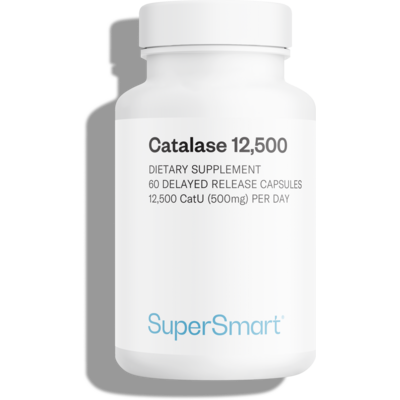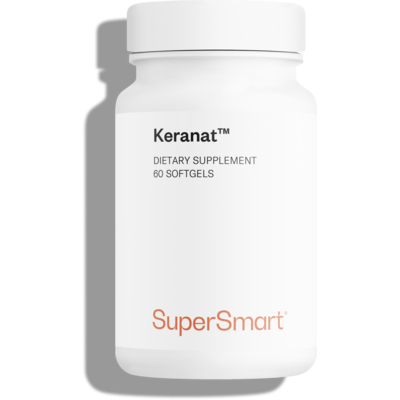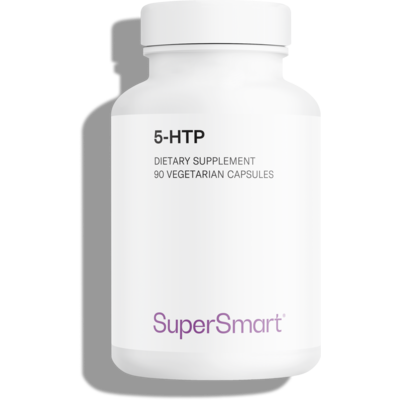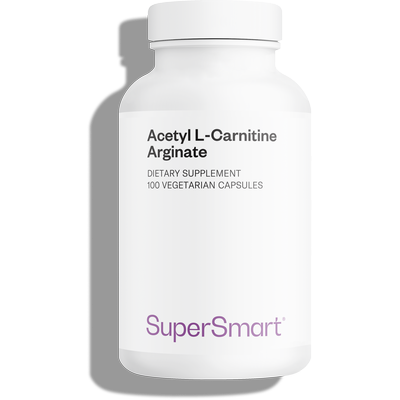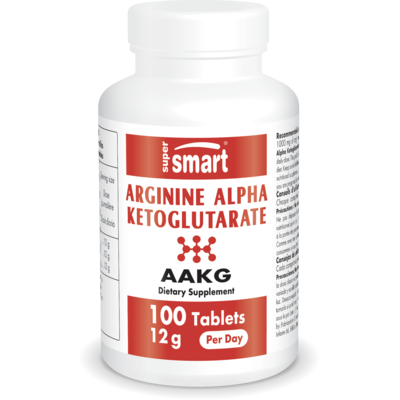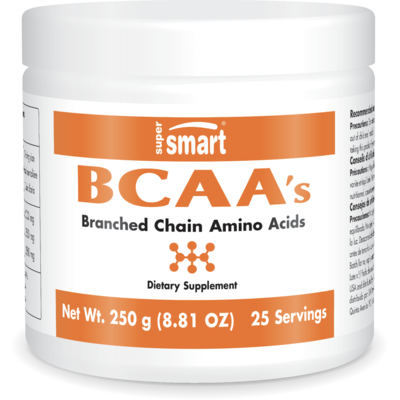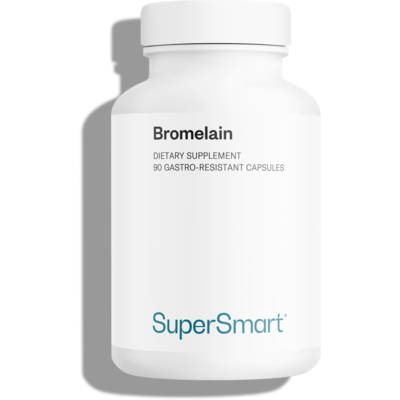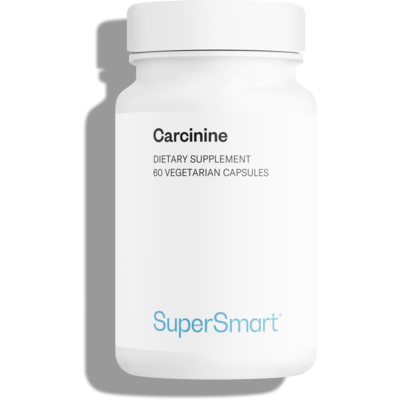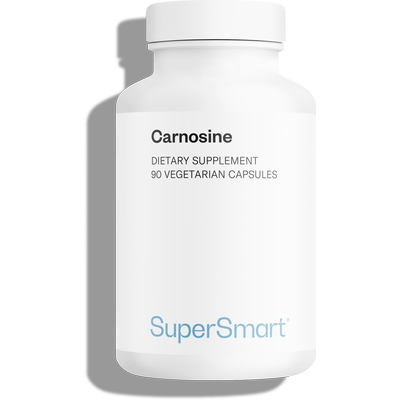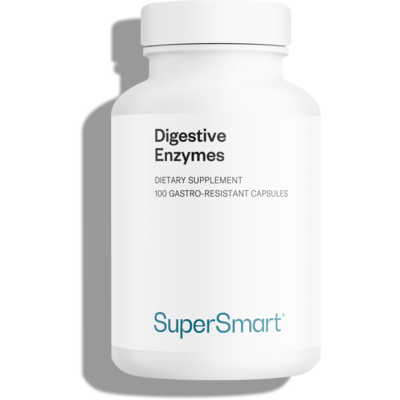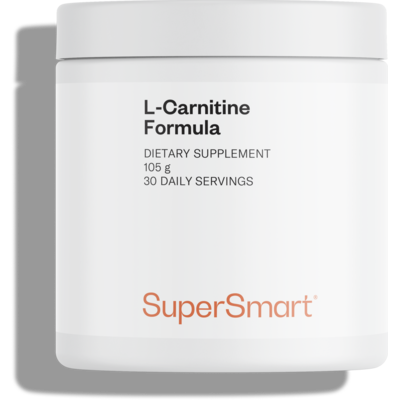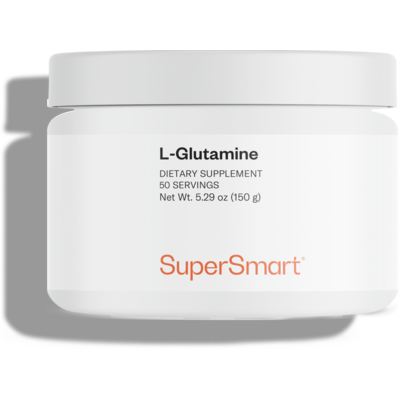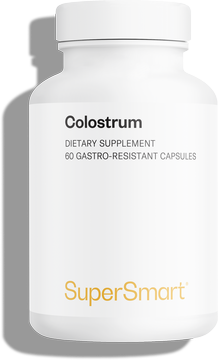Why Are Carnitine, Arginine, and Tryptophan Popular Choices?*
Carnitine is an amino acid derived from lysine and methionine, naturally synthesized by the body. It plays a key role in transporting fatty acids into the mitochondria, where they are used to generate ATP, the body's primary energy source.* This process supports muscle function and energy metabolism.*
The body naturally synthesizes carnitine from dietary sources, but certain foods provide higher amounts. Rich sources include red meat, dairy products, avocado, and tempeh. While carnitine deficiency is rare, some individuals choose to supplement with it for additional support.* Research suggests carnitine may help with post-exercise muscle recovery and support sperm health in men.* It is also recognized for its antioxidant properties.*
Arginine is one of the 20 amino acids that contribute to protein formation in the body. It plays a role in various physiological processes, including cell function, tissue repair, immune support, and muscle maintenance.*
Arginine is classified as a "semi-essential" amino acid because the body typically produces adequate amounts under normal conditions. However, dietary intake becomes more important in specific situations.* Where can you get arginine? It is naturally found in various foods, including legumes, red meat, and nuts. Research suggests that arginine may support circulatory function, endurance, and immune response at certain intake levels.*
Ornithine is a non-essential amino acid derived from arginine. It is commonly associated with supporting athletic performance and muscle recovery, though research on its effects remains ongoing.*
Tryptophan (or L-Tryptophan) is an essential amino acid present in both plant and animal proteins. It plays a role in neurotransmitter production and is commonly associated with relaxation and sleep support.*
Note: Our amino acid formulations are designed for optimal synergy, with compounds like Total Carnitine and Arginine Alpha-Ketoglutarate recognized for their high bioavailability.* Explore our latest products and promotions with fast delivery in our online guide.

